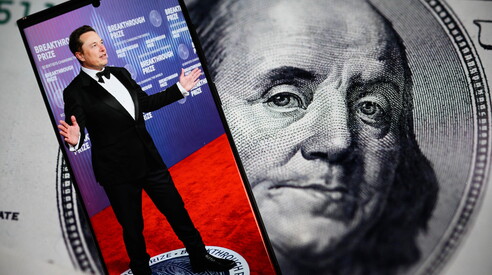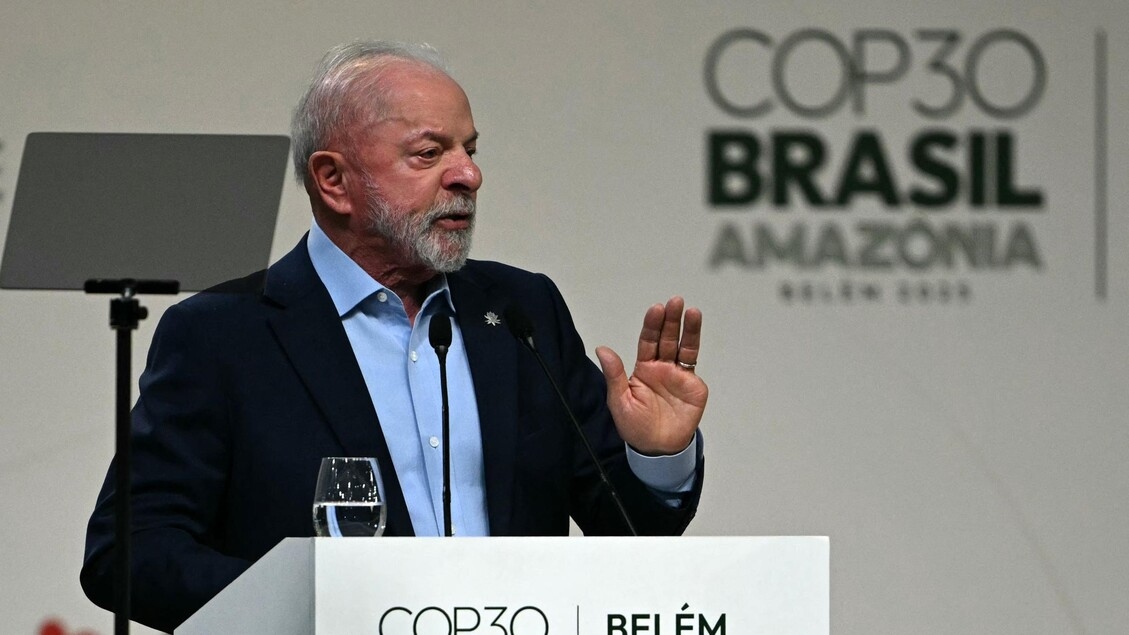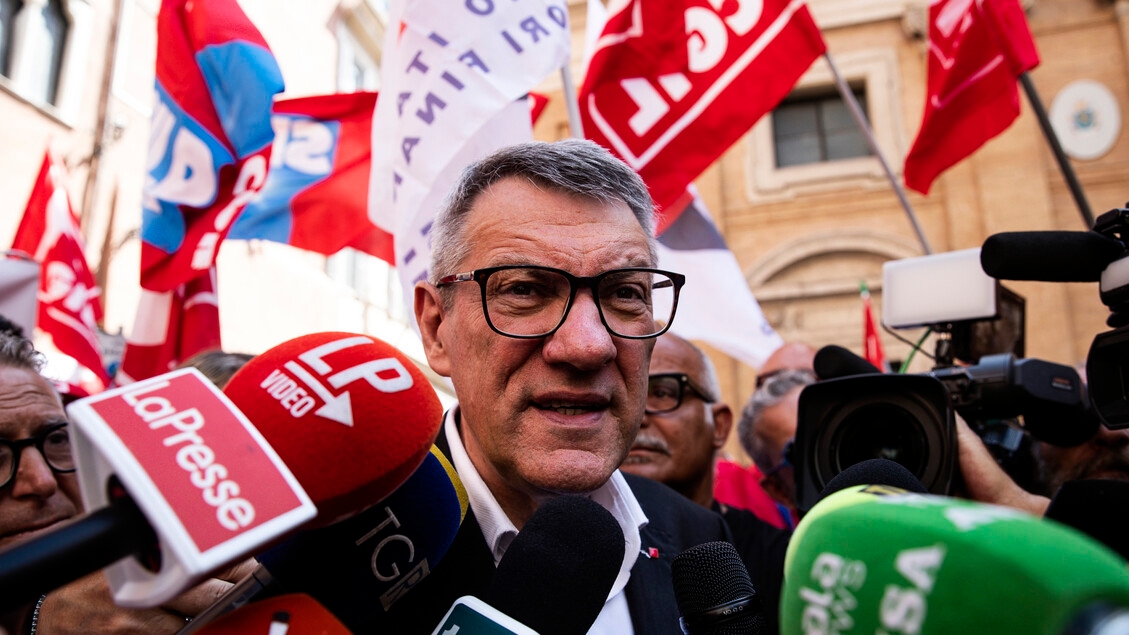Elon Musk, the "salary of the century" and the myth of infinite incentives


With a trillion-dollar plan, Elon Musk is tying himself to Tesla for ten years and aims to transform it into an artificial intelligence and robotics giant. But perhaps the real challenge isn't financial: it's understanding whether money can still motivate those who seem to already have everything.
With more than 75 percent of the vote in favor, Tesla shareholders have approved a mind-boggling compensation package for Elon Musk : a 10-year , $1 trillion stock-based plan, contingent on achieving almost science-fiction milestones. In other words, if Tesla were to reach a market capitalization of $8.5 trillion, eight times its current value, Musk could become history's first trillionaire .
Tesla Chairman Robyn Denholm spent weeks convincing investors: "The risk of losing him would be disastrous for Tesla." This view, shared by many, is that Musk is irreplaceable, a driving force capable of advancing humanity toward "sustainable abundance," as he himself declared when presenting the company's new mission statement. But for others, the trillion-dollar promise is more of a psychological than an economic gamble. Behind the applause of fans and the protests of critics lies a deeper question: is financial incentive really the primary driver of commitment and innovation? Will Musk work harder, or rather, because he can earn more? The New York Times , among others, is asking this question.
The myth of the infinite "carrot"The logic behind the mega-salary is straightforward: the bigger the reward, the greater the effort . It's an axiom rooted in classical economics and the language of finance, but empirical studies have begun to undermine it. The Times interviewed economists like Esther Duflo and Abhijit Banerjee, Nobel laureates at MIT, who argue that the impact of monetary incentives has been "often exaggerated." The correlation between CEO pay and company performance, they note, is far from clear. Analyses of hundreds of large American companies show that companies with CEOs paid below the average have had better stock returns than those with overpaid leaders .
At certain altitudes (of wealth), money ceases to be a fuel and becomes a symbol. Dan Ariely, a behavioral economist at Duke University, also interviewed by the New York newspaper, sums it up with a provocative quip: "Imagine a day in the life of Musk if he earned $1 trillion instead of $1 billion. What would he do differently? Drink more coffee? Sleep less? Or more? At these levels, I don't see any way a financial incentive can truly change behavior."
So why does Musk want it? Perhaps, as the New York Times suggests, not for the money itself, but for what it represents: control. The new plan would, in fact, guarantee him nearly 29 percent of Tesla shares, securing his position as the absolute visionary leader, protected from possible board rebellions or short selling. Musk himself has said it bluntly: he doesn't want to "build an army of robots" without having "a strong influence over that army."
Shareholder Vote: Trust or Fear?The package's approval came after an unusual, almost electoral-like campaign. According to the Washington Post , Tesla mobilized major funds—from BlackRock to Vanguard—and even brand fans, who threatened to withdraw their investments to support Musk. Denholm admitted to speaking "nonstop for two weeks" to secure investors' approval. The stakes were clear: Musk or uncertainty. But the deal comes at a delicate time. Tesla faces declining margins, Chinese competition, and a reputation tarnished by its CEO's political controversies . Yet shareholders have chosen to bet on the richest (and most divisive) man in the world, convinced that only he can take Tesla beyond electric cars, toward artificial intelligence and robotics. The new plan includes twelve tranches of shares tied to progressive milestones: for every $500 billion increase in market valuation, Musk will gain an additional 1 percent of shares. But some experts, like Nell Minow of ValueEdge Advisors, warn: "It's a heads-me-win, tails-you-lose plan. The board has too much discretion in deciding whether the objectives have actually been achieved."
Will he work more?
The question remains. Will Musk really work more thanks to this mountain of stock? The evidence suggests not. Musk is already known for working 80-100 hour shifts a week and for simultaneously managing SpaceX, X (Twitter), Neuralink, and xAI. It's hard to imagine that any further financial incentive could increase his productivity or focus . And perhaps this is where the Musk case becomes a broader parable. The trillion-dollar package tells us not so much how much Musk will earn, but how much Tesla—and the market—are willing to pay to believe in a man who promises to reinvent the future.
More on these topics:
ilmanifesto




